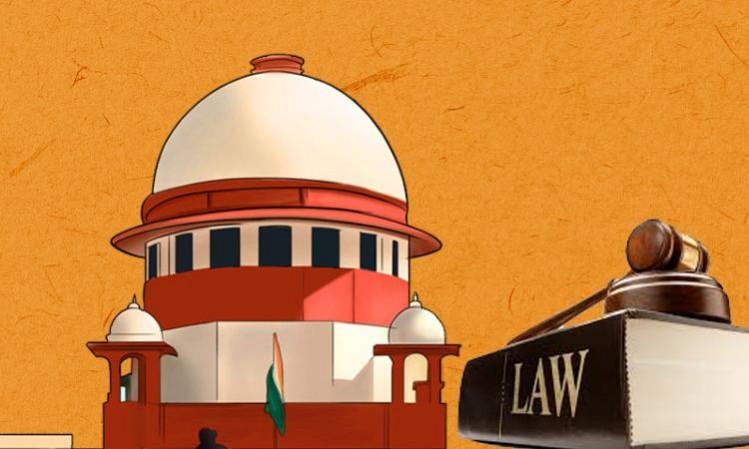
In a significant development that has reverberated across the Indian administrative and legal landscape, the Supreme Court has upheld the verdict of the Guwahati High Court regarding the Police Act. The rule enabling Deputy Commissioners (DCs) to initiate performance reviews of Superintendents of Police (SPs) was set aside. The court ruled that the performance of an SP cannot be reviewed by a DC, as the SP has the liberty to disagree and seek resolution through higher authorities.
This ruling ensures that senior Indian Police Service (IPS) officers are not subservient to District Commissioners (DC) in police administration. The Supreme Court's decision is a significant one, as it reinforces the autonomy and authority of the IPS, a crucial pillar of the Indian administrative machinery.
The ruling has far-reaching implications for the functioning of the police administration, potentially altering the dynamics of power and authority within the system. The Guwahati High Court had earlier ruled in favor of the IPS, stating that senior officers should not be subservient to the DC in matters of police administration. The verdict was challenged, leading to the case being escalated to the Supreme Court.

The Annual Confidential Reports (ACRs) and Annual Performance Appraisal Reports (APARs) produced by DCs were deemed impartial, and the DC should not be the 'Reporting Authority' for the SP of the district.
Historical precedent and current implications
After careful deliberation, the apex court upheld the High Court's decision, thereby affirming the independence of the IPS in police administration. It underscores the importance of maintaining a clear separation of powers within the administrative machinery, thereby ensuring that each organ can function effectively and independently.
The Supreme Court's verdict is reminiscent of a similar case in the past. In the 1970s, a similar issue had arisen regarding the authority of the IPS over the police administration. The Supreme Court had then ruled in favor of the IPS, stating that they were not subservient to any other administrative body. This historical precedent played a significant role in the current verdict, with the court citing it as a reference during the proceedings.
Related














